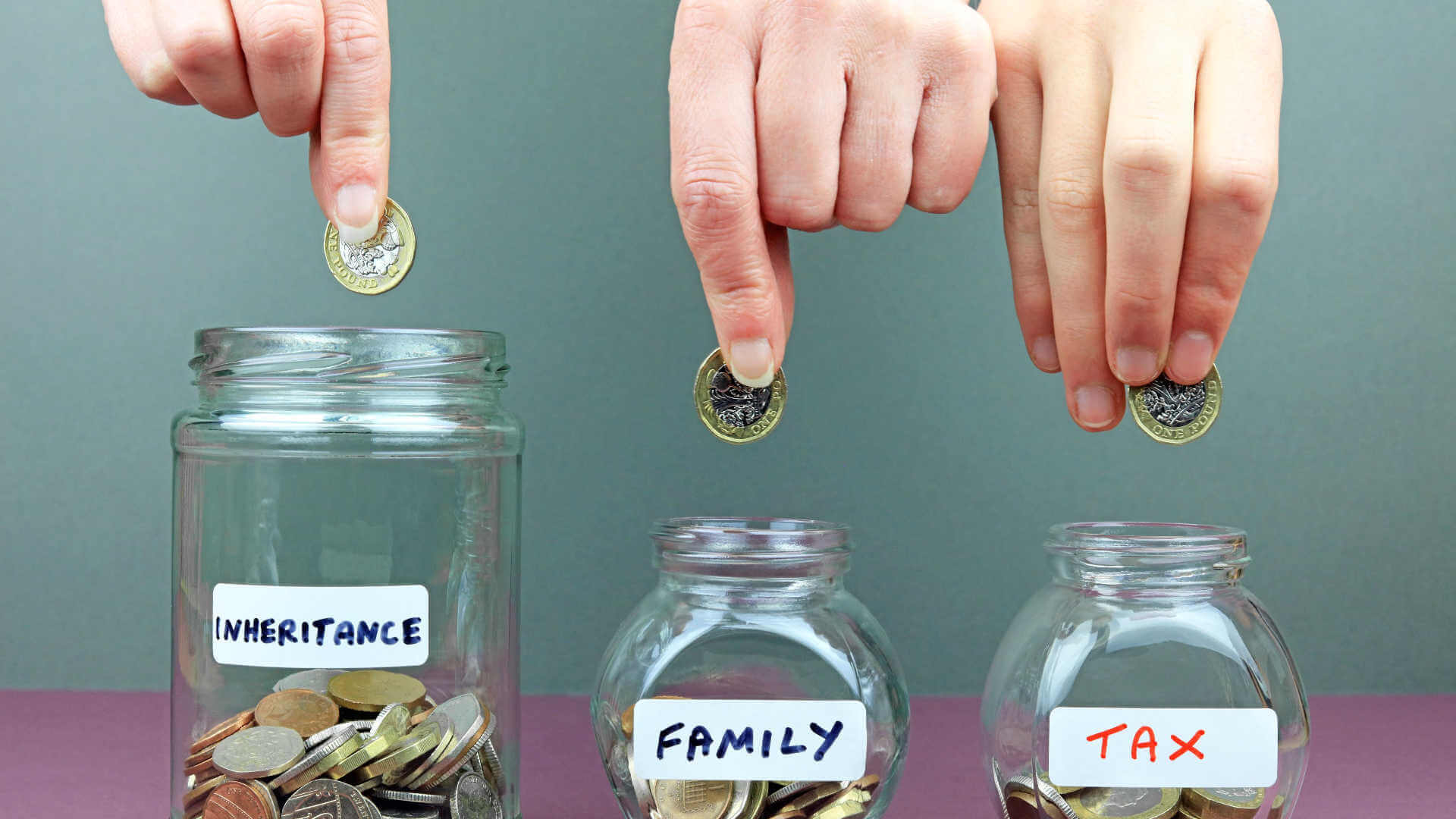What is Inheritance Tax?

Nobody likes taxes, but we have to pay them all the time. We spend most of our life paying taxes, whenever we buy food, clothes, cars, homes, and most activities we partake in. The terrible thing is that we’ll be paying taxes even after we’ve passed away. In most states, this takes the form of the estate tax, which is levied against the assets you own as soon as you die. Pennsylvania has an inheritance tax instead.
Pennsylvania’s inheritance tax requires beneficiaries of a decedent’s estate to pay taxes on that property instead. This is still taxing the person who died because the state is getting money from or because of property the deceased left behind. This can feel insulting and aggravating for many reasons. If you’ve just lost someone or want to leave behind something for your loved ones, why is the state trying to make that harder?
That’s why we have trusts to help reduce and avoid taxation like the inheritance tax. For help avoiding hefty taxes on your estate, contact the estate planning attorneys at Mazzoni Valvano Szewczyk & Karam.
How Does Inheritance Tax Work?
Inheritance tax works differently than estate tax in that it’s levied against the inheritors, but it’s a bit deeper than that. Because there are several different types of inheritors, who may each inherit different types and amounts of assets, the tax rates are different. This means that there are times when Pennsylvania taxes more than other states with estate tax would, and sometimes it’s far less. The two important factors for Pennsylvania are the inheritor’s relation to the deceased, and the property being passed down.
The Inheritors
The tax rate changes for assets depending on who is receiving them. For direct descendants, such as children or grandchildren, the tax rate is 4.5%. In many cases, these inheritors will be called lineal heirs, and they see the smallest percentage of taxes on what they inherit. Siblings pay the second lowest inheritance tax in Pennsylvania. They pay 12% tax on their inheritance. Nearly every other inheritor, with exceptions, pays 15% tax. This includes friends, parents of children over 21, cousins, nieces, nephews, and other members of one’s extended family.
Many are exempt from taxes altogether. Property co-owned with a spouse is considered a marital property that automatically goes to the spouse and doesn’t face the inheritance tax. Parents who inherit property from a child 21 or younger are also not taxed.
Charitable organizations, government entities, and other exempt institutions left assets by someone’s will also don’t have to pay inheritance taxes.
The Assets
All real estate property, tangible personal property, and most intangible property can be taxed. This includes but is not limited to:
- Cash
- Automobiles
- Furniture
- Antiques
- Jewelry
- Stocks
- Bonds
- Bank
- Accounts
- Receivable loans
If the inheritor is not a resident of Pennsylvania, intangible property like stocks and bonds cannot be taxed, but tangible property like cash and automobiles still will be.
If a property is co-owned with someone who is not the deceased’s spouse, the percentage they gain is taxable as well.
Contact MVSK Law to Avoid Inheritance Taxes
Inheritance taxes can be avoided partially, if not wholly, with trusts. With a trust, you place ownership of your assets in an account to pass to someone else. They can receive assets from this trust before and after your death, without the assets going through probate. This can help avoid some, and sometimes all, of the inheritance taxes they would normally face.
If you want to leave as much as you can to your loved ones and have no surviving spouse, you should seriously consider creating a trust. To create one that avoids taxes as effectively as possible, contact the estate planning attorneys at MVSK Law.

